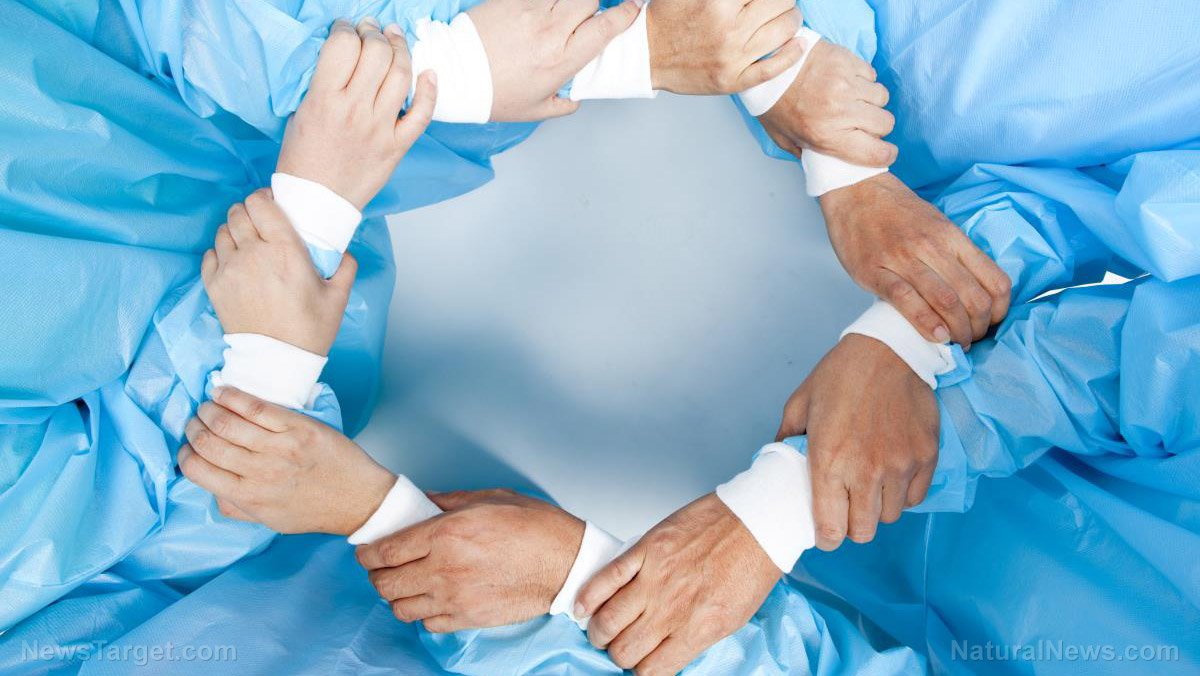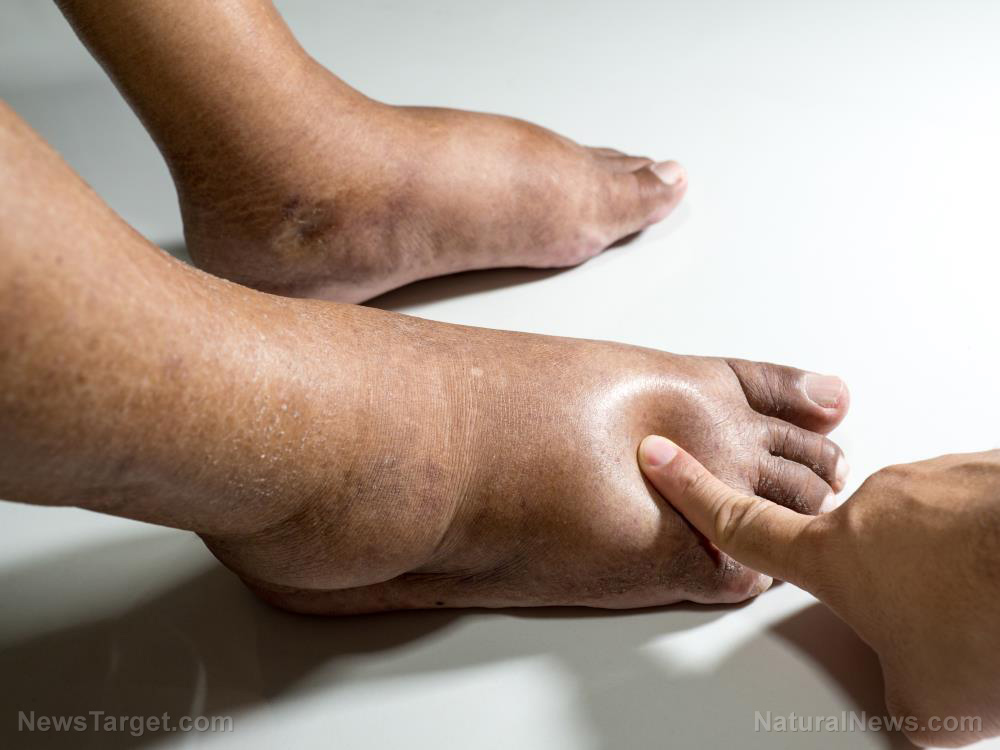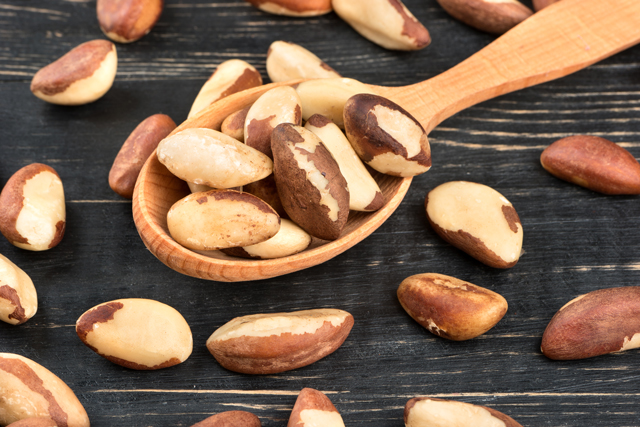Clinical review finds electroacupuncture treats postoperative urinary retention in women
08/21/2019 / By Ralph Flores

Electroacupuncture can greatly improve symptoms of postoperative urinary retention in women, according to a review published in the journal Evidence-Based Complementary and Alternative Medicine. In the article, researchers from Guangzhou University of Chinese Medicine in China looked at data from randomized control trials that used electroacupuncture for treating postoperative urinary retention, a complication usually associated with anesthesia and surgery. This was done to determine the safety and efficacy of the procedure.
The team looked for relevant studies in databases such as PubMed, EMBASE, CENTRAL, and Web of Science. They also conducted a search using local databases in China, Japan, Korea, and Russia. They found 23 studies that investigated how electroacupuncture affects postoperative urinary retention. These studies included 1,861 patients in total.
The team found that electroacupuncture has therapeutic effects on those with postoperative urinary retention. These effects included increased bladder capacity, reduced discomfort during urination, and decreased residual urine volume, which eliminated the need for catheterization.
The researchers also found that electroacupuncture produced better results than other therapies, such as exercise and meditation. Electropuncture even caused fewer side effects and was comparatively safe as a treatment.
“Further research is needed to understand [the] long-term efficacy and the mechanism of action of the intervention,” the researchers wrote in their report. “Large-scale, long-term RCTs with rigorous methodological quality are needed to clarify the role of [electroacupuncture] in [postoperative urinary retention].”

|
Discover how to prevent and reverse heart disease (and other cardio related events) with this free ebook: Written by popular Natural News writer Vicki Batt, this book includes everything you need to know about preventing heart disease, reversing hypertension, and nurturing your cardiac health without medication. Learn More. |
Understanding urinary retention
People with urinary retention are unable to empty their bladders completely. The condition can either manifest as acute (short-term) or chronic (long-term). A person with acute urinary retention cannot urinate at all even if her bladder is full, causing great discomfort and pain. In some cases, the condition can be life-threatening and requires emergency treatment. A person with chronic urinary retention, on the other hand, is able to urinate but is unable to fully empty their bladder. People who have this condition may not know that they have it until it causes complications, such as urinary tract infection (UTI) or urinary incontinence.
Urinary retention can be caused by many things, such as:
- An obstruction in the urethra (i.e., urinary tract stones, tumors and cancers, constipation)
- Weakened bladder
- Nerve problems (due to vaginal childbirth, diabetes, heavy metal poisoning)
- Medication (i.e., antihistamines, decongestants, anesthesia)
Many patients experience urinary retention after surgery. Being given anesthesia to block pain signals and intravenous (IV) fluid to address any potential blood loss often results to this. The combination of anesthesia and IV fluids can lead to a full bladder afterward with no way of discharging. For most people, normal bladder function is restored once the effects of anesthesia wear off.
A recent study published in the World Journal of Anesthesiology took a closer look at postoperative urinary retention. In this systematic review of literature, researchers from different institutions in India found that postoperative urinary retention is surprisingly common: Over 70 percent of the cases they investigated involved some degree of the condition.
Other natural remedies for urinary retention
Aside from electroacupuncture, there are other ways to manage urinary retention that don’t require popping another pill.
- Peppermint oil: Peppermint oil is known for its healing properties and its ability to relieve pain. But a recent clinical trial looked at the efficacy of peppermint oil in helping with postpartum urinary retention in women and found that adding a few drops of peppermint oil to the toilet water can promote urine flow. (Related: Acupuncture found to be an effective pain reliever for women in labor compared to spinal-epidural anesthesia.)
- Dandelion: This wild herb, known for its anti-inflammatory properties, can be steeped in hot water to treat bladder inflammation and retention.
- Stinging nettle: Stinging nettle is a plant well-regarded in traditional medicine for its ability to relieve symptoms of urinary dysfunction, including retention.
Learn more natural ways of improving bladder health in women at WomensHealth.news.
Sources include:
Tagged Under: acupuncture, alternative medicine, Anesthesia, bladder health, bladder problems, complementary medicine, Dandelion, electroacupuncture, herbal medicine, Herbs, natural cures, natural healing, natural medicine, Naturopathy, pain relief, Peppermint Oil, postoperative urinary retention, remedies, research, Stinging Nettle, surgery, TCM, Urinary Tract Infection, UTI, women's health

















